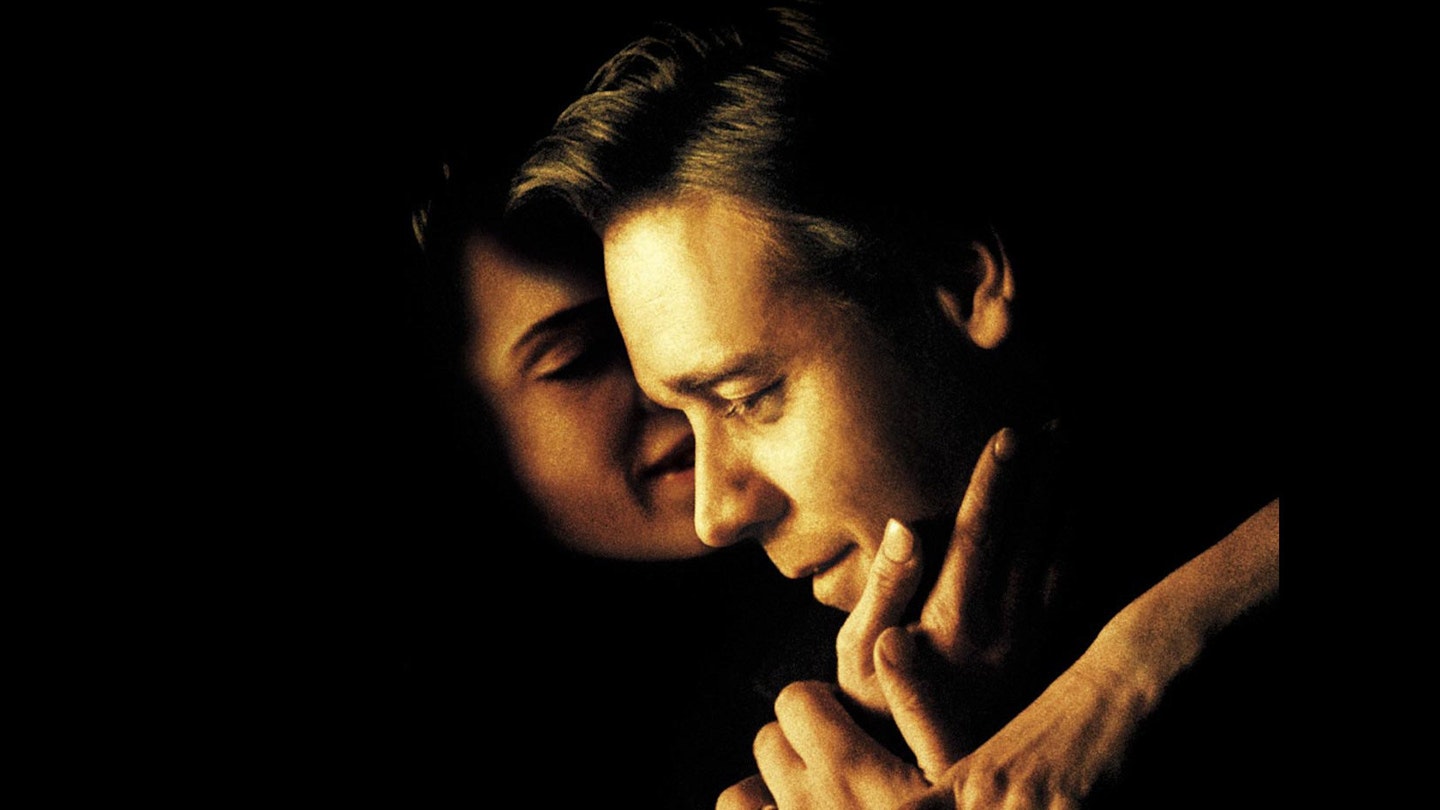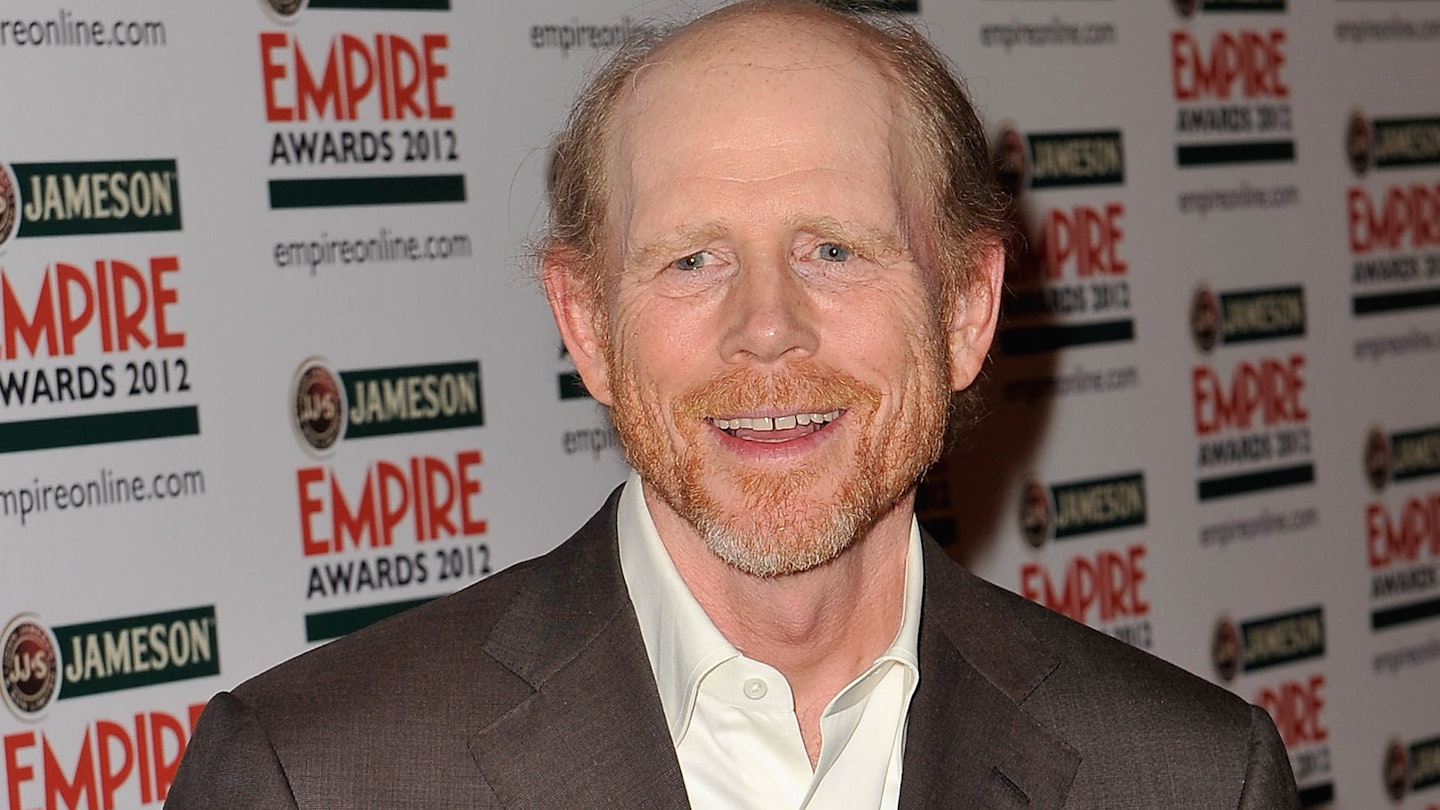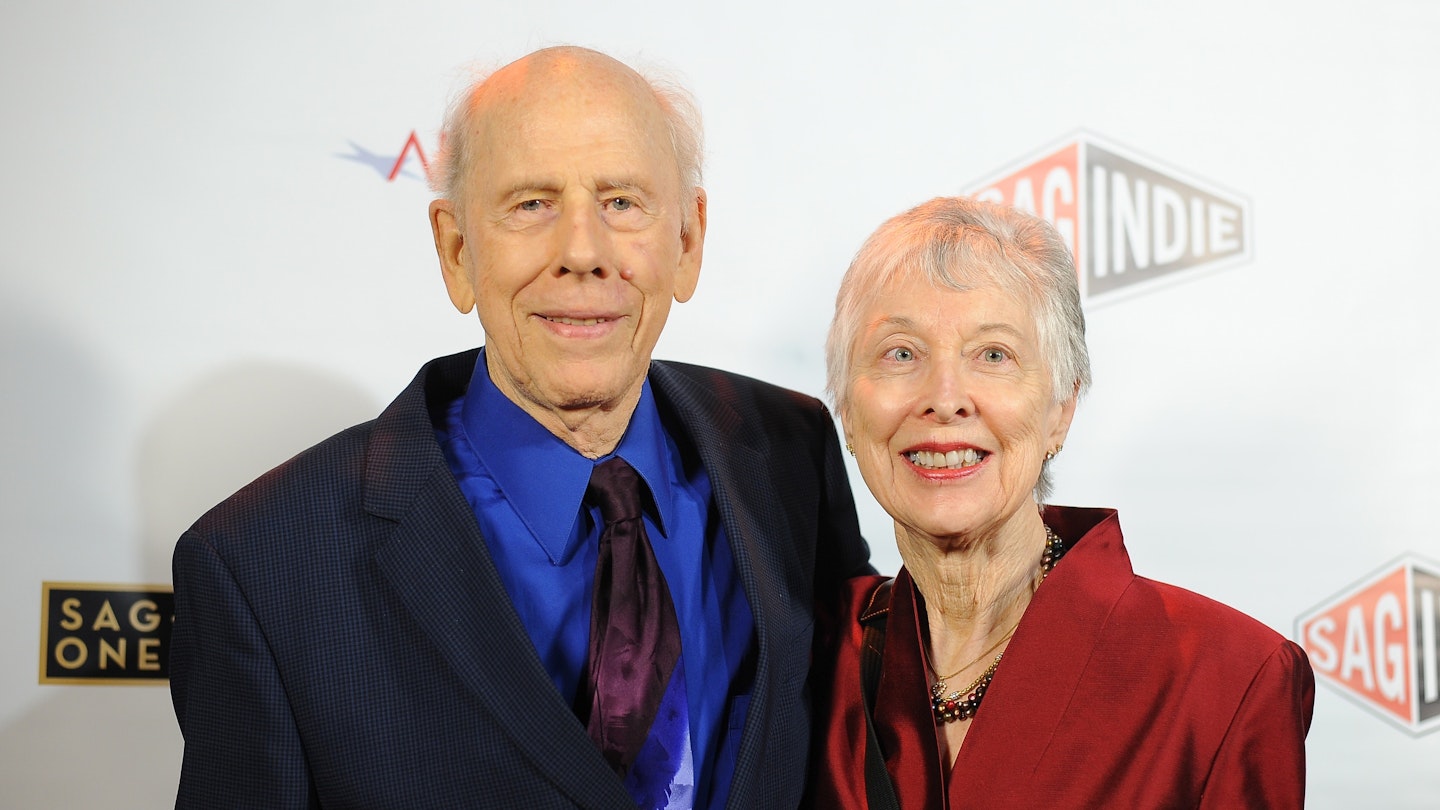Playing the mentally ill has always been a fast-track to critical and Oscar success, and so it proved for Russell Crowe, who bagged a third successive nomination for his performance as mentally-ill maths genius John Nash in Ron Howard's glossy biopic, which won Best Picture in 2002.
Crowe's off-screen contretemps with a Bafta official apparently cost him the chance to follow up on his Gladiator gold and follow in the footsteps of Geoffrey Rush (Shine), Daniel Day-Lewis (My Left Foot) and Dustin Hoffman (Rain Man), but there's no denying that his crowd-pleasing performance is this movie's trump card.
Essentially it's that old chestnut, the inspirational biopic and Howard skilfully yomps us along the well-worn path of early promise (success at sums!), catastrophic downfall (going bonkers!), and a final, emotionally-charged triumph over adversity (winning the Nobel Prize!). The problem is that, even if you haven't read the book on which it's based, you're left with the niggling suspicion that this is all too neat to be anything near the whole story. As indeed turns out to be the case.
Nash's bisexuality, a child out of wedlock and a divorce are all AWOL, while the feel-good ending neatly skips over the horrible, irreparable reality of a professional and personal life effectively ruined by insanity. Of course, any biopic smoothes the edges and has to construct a story out of the messy realities of life, but here there's a sense that the manipulation borders on dishonesty.
None of which is to deny that there are very good things as well. Crowe marshals his tics with showy aplomb, Howard displays his usual facility for smoothly-engineered filmmaking, and Akiva Goldsman's (yup, he of Batman & Robin) screenplay delivers the necessary dramatic wallop and a craftily shocking reversal.
Support is generally good, especially from Paul Bettany, last seen whooping it up as Geoffrey Chaucer in A Knight's Tale, and the movie's only Oscar-winning performance from Bettany's future missus, Jennifer Connelly, here playing the put-upon and long-suffering Mrs. Nash. But in the end, Howard's film's undoubted effectiveness conceals a disappointingly cynical heart.




